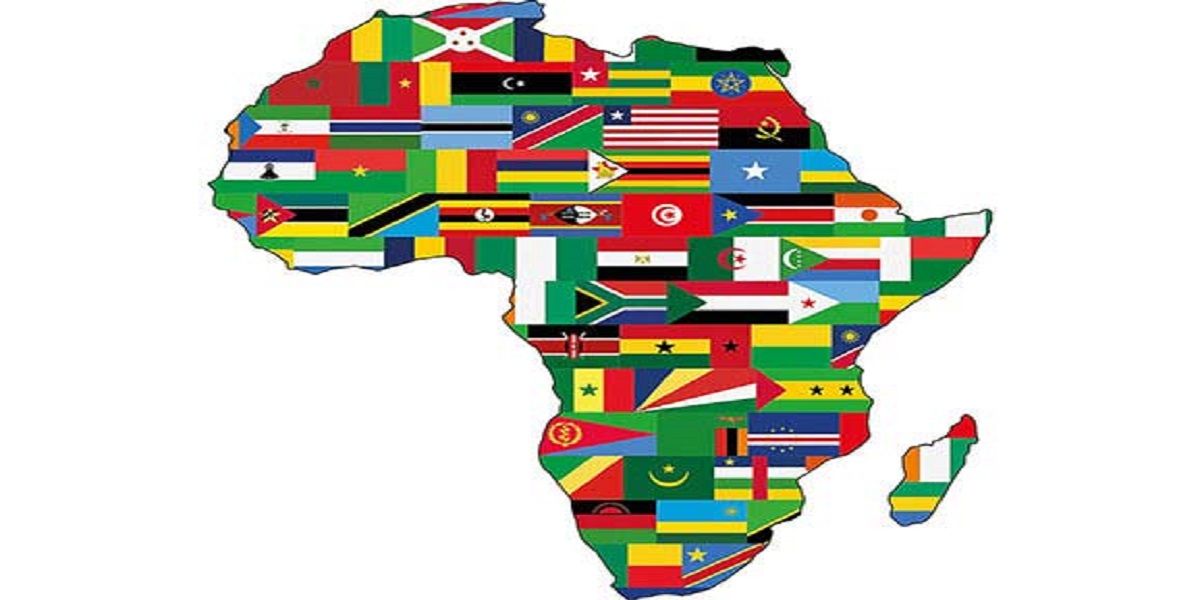The International Day for People of African Descent was celebrated for the first time on 31 August 2021. Through this Observance, the United Nations aims to promote the extraordinary contributions of the African diaspora around the world and to eliminate all forms of discrimination against people of African descent. In a statement, UN Secretary-General António Guterres said:
This day is a celebration of the enormous contributions of people of African descent to every field of human endeavour. It is a long-overdue recognition of the profound injustices and systemic discrimination that people of African descent have endured for centuries, and continue to confront today.
The UN said all human beings are born free and equal in dignity and rights and have the potential to contribute constructively to the development and well-being of their societies. Further reads the statement:
Any doctrine of racial superiority is scientifically false, morally condemnable, socially unjust, and dangerous and must be rejected, together with theories that attempt to determine the existence of separate human races.
The United Nations strongly condemns the continuing violent practices and excessive use of force by law enforcement agencies against Africans and people of African descent and condemns structural racism in criminal justice systems around the world. The Organization further acknowledges the Transatlantic Slave Trade as one of the darkest chapters in our human history and upholds human dignity and equality for the victims of slavery, the slave trade and colonialism, in particular people of African descent in the African diaspora.
International Decade for People of African Descent (2015-2024)
The International Decade aims to celebrate the important contributions of people of African descent worldwide, advance social justice and inclusion policies, eradicate racism and intolerance, promote human rights, and assist in creating better, more prosperous communities, in line with the Sustainable Development Goals spearheaded by the United Nations.
Background
The year 2020 marked the midterm of the International Decade for People of African Descent. While some progress has been made at legislative, policy and institutional levels, people of African descent continue to suffer intersectional and compounded forms of racial discrimination, marginalization, and exclusion. Five years into the Decade, the COVID-19 pandemic shed light on the urgency to address long standing structural inequalities and systematic racism in health. The lack of recognition remains one of the major barriers impeding the full and effective enjoyment of human rights by people of African descent.
The year 2020 also marked a turning point in the way these issues are being addressed at international and national levels. The murder of George Floyd followed galvanized people to protest racism and racial discrimination and prompted important global discussions on racial justice. On 19 June 2020, the Human Rights Council adopted the resolution on the “Promotion and protection of the human rights and fundamental freedoms of Africans and people of African descent against excessive use of force and other human rights violations by law enforcement officers”. Pursuant to this resolution, the High Commissioner for Human Rights presented to the Human Rights Council at its 47th session her agenda towards transformative change for racial justice and equality.
Dreams & Defiance: Centering Cultural Expressions of People of African Descent
In celebration of the International Day of People of African Descent, UN Human Rights celebrates the important contributions of people of African descent worldwide. This dynamic pre-recorded event provides an opportunity to learn more about diverse cultures through film, dance, music and some the magnificent artwork on display at United Nations Headquarters. Segments in the film share how individuals and communities celebrate their diverse stories while recognizing the cultural, artistic, scientific, and political contributions of people of African descent. Many of the arts shared highlight the interconnectedness of past to present, including the legacy of the transatlantic trade in enslaved Africans, colonialism, mass incarceration, and systemic racism. Furthermore, the COVID-19 pandemic has illuminated inequality in access to quality health care and treatment, leading to increased mortality and morbidity for people of African descent. The cultural expressions presented in the film center collective dreams of freedom while the arts embody organized defiance against the effects of racism.




